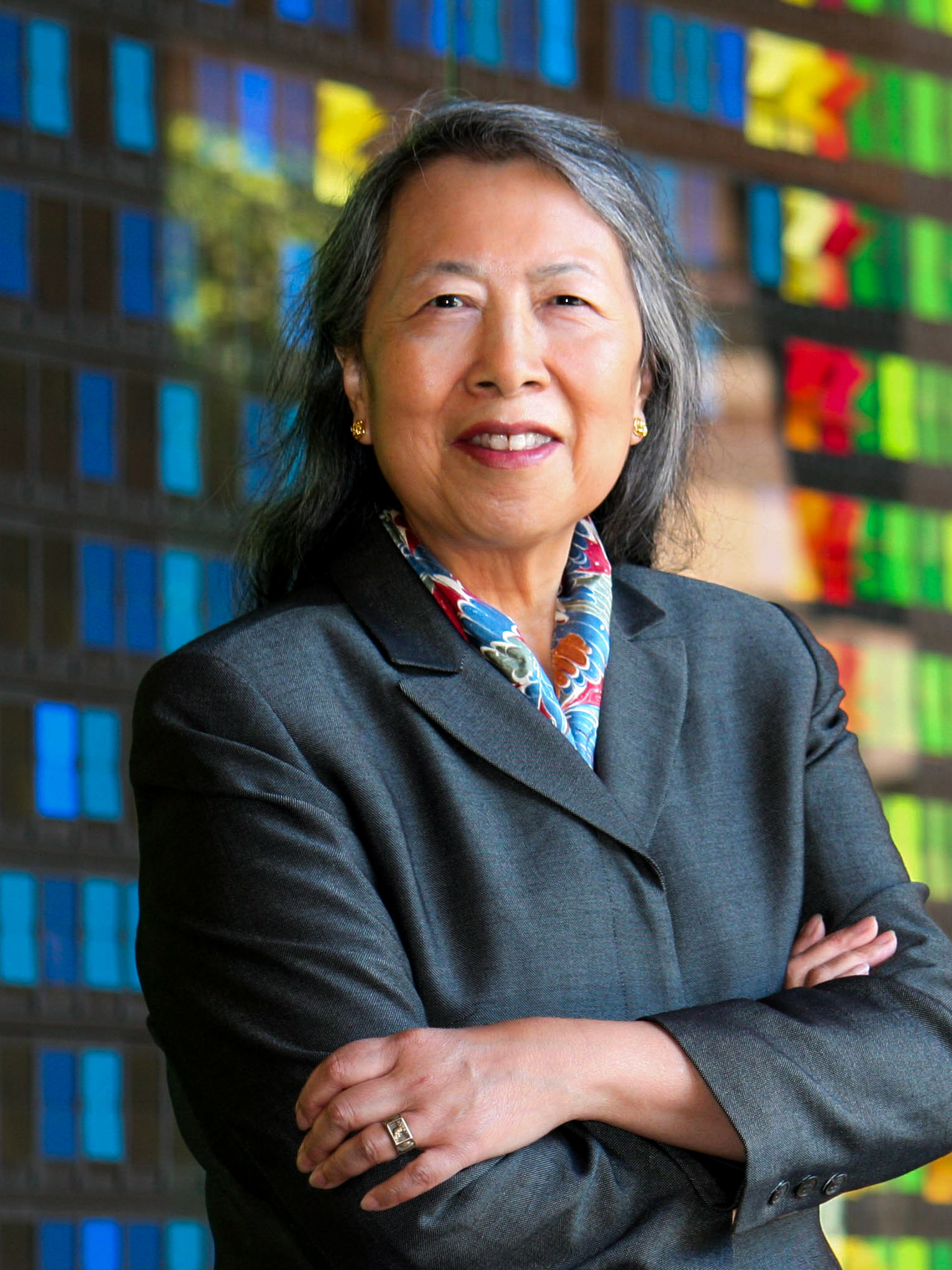Helping move medical research out of the lab and into the clinic
Elizabeth C. Ng ’78

“Everyone always says to me, ‘You’re working on the cure for cancer,’” says Elizabeth C. Ng ’78, a member of the Alumni Association’s board. But cancer isn’t a single target, as she knows all too well. As CEO of Ocean Biomedical, which is working on potential therapies for several types of cancer, she also knows there are many ways to attack it. “If a treatment keeps patients alive long enough for the next innovation to come out, maybe you can call it a cure,” she allows.
Ng’s leadership of Ocean—which also works to advance therapeutic candidates for fibrosis, malaria, and hepatitis B—caps off a career of consulting or working for the largest biotech companies and most of the big pharmaceutical companies. The oldest of five in a family that emigrated from Hong Kong, she grew up in San Francisco with her sights on attending MIT because it was featured in the sci-fi stories she loved. After earning a physics degree, she worked at semiconductor startups and computer companies in Northern California, got an MBA from Stanford, and transitioned into management in the life sciences.
At Ocean, Ng helps bridge the gap between medical research and the clinic. Scientists often lack the resources and know-how to run the human trials needed to get a drug approved. Ocean identifies promising discoveries and creates subsidiaries to license those discoveries and then move them forward into clinical trials. For Ng, that means days spent assessing new research programs, strategizing the best clinical and regulatory paths forward for the current programs, and then implementing those plans, as well as continuing to raise capital to support the scientific and clinical work. If trials succeed, a subsidiary may spin out from the parent company or partner with a biotech or pharmaceutical company to complete development and reach patients.
Ng joined Ocean in 2019 after reconnecting with former Stanford classmate Chirinjeev Kathuria, an MD and serial entrepreneur and the company’s cofounder. “He started telling me about the oncology assets and that the lead indication was in lung cancer,” she recalls. “I said, ‘You had me at lung cancer.’”
Ng had recently left her job to care for her mother during her final months battling the disease. “It was great to have an opportunity to apply my expertise to something that could be valuable for other people facing a similar situation.” She soon faced it again herself: her husband died of lung cancer in 2022.
Now her work feels more meaningful than ever. “People talk about passion projects,” she says. “I guess this is mine.”
Keep Reading
Most Popular
Large language models can do jaw-dropping things. But nobody knows exactly why.
And that's a problem. Figuring it out is one of the biggest scientific puzzles of our time and a crucial step towards controlling more powerful future models.
OpenAI teases an amazing new generative video model called Sora
The firm is sharing Sora with a small group of safety testers but the rest of us will have to wait to learn more.
The problem with plug-in hybrids? Their drivers.
Plug-in hybrids are often sold as a transition to EVs, but new data from Europe shows we’re still underestimating the emissions they produce.
Google DeepMind’s new generative model makes Super Mario–like games from scratch
Genie learns how to control games by watching hours and hours of video. It could help train next-gen robots too.
Stay connected
Get the latest updates from
MIT Technology Review
Discover special offers, top stories, upcoming events, and more.